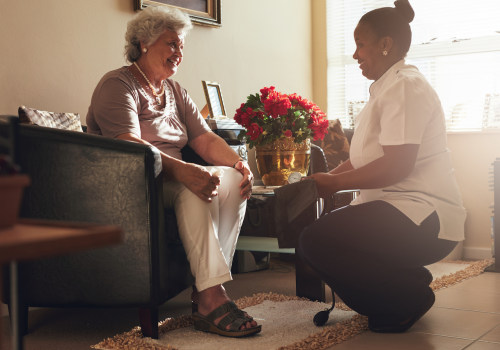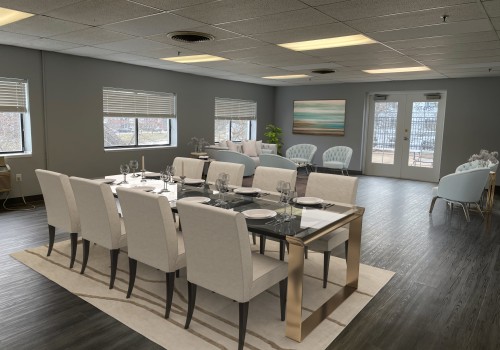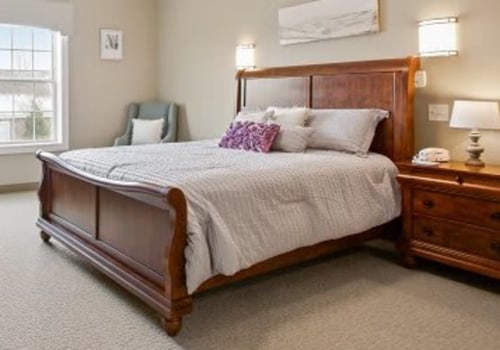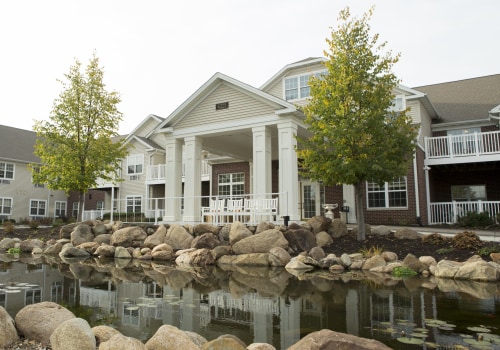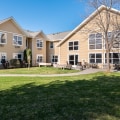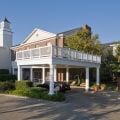The short answer is no, Medicare does not cover the cost of assisted living in Maryland. Assisted living facilities are considered a “residential environment” and not a “clinical setting”, such as nursing homes. These facilities provide older adults with the opportunity to maintain their independence for as long as possible before they need more intensive care. Assisted living centers are designed for those who want to live in an apartment-style residence but need help with one or more activities of daily living (ADLs).
To be licensed for Level III services, administrators must have at least a high school diploma and a four-year degree. Assisted living is a program that allows people who need help with ADLs, such as eating, going to the bathroom, and dressing, to live in a residential environment instead of a nursing home. The Maryland Department of Health and Mental Hygiene offers the assisted living group home grant for older people in Maryland who need assisted living but require financial assistance to avoid moving to a nursing home. As the focus on caring for Alzheimer's disease and other forms of dementia increases, many assisted living facilities have memory care services or entire sections dedicated to memory care for residents with memory loss. If you have a private Medicare supplemental policy, also known as Medigap, it may cover the co-pay for an SNF stay; however, the policies won't cover assisted living costs that Medicare doesn't cover. Some older long-term care policies may pay for smaller benefits for assisted living than for nursing homes. Assisted living facilities must be able to house at least four and no more than 16 clients and must be licensed and approved by the Maryland Department of Aging and the Maryland Department of Health and Mental Hygiene.
Residents of assisted living can enjoy games and trivia activities, movie nights, transportation services, well-stocked hairdressers, and libraries. Assistance can be in the form of practical assistance or instructions so that people can perform tasks on their own. The Home and Community-Based Services (HCBS) exemption provides financial assistance to those who live in the community or in assisted living facilities and need specialized care for one or more ADLs. People who have been living in a nursing home for at least 30 days and who are receiving medical assistance can apply for the exemption at any time and do not have to wait at the Registry. The assisted living option is particularly attractive for older adults who need help with everyday activities that are considered activities of daily living, such as bathing, dressing, or preparing meals, but who do not require 24-hour care. Management training topics include the aging process, clinical management, assisted living philosophies, and proper staff management.

